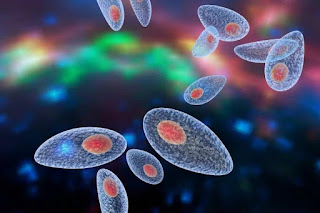The Influence of Cat Ownership on the Risk of Developing Schizophrenia: A Comprehensive Analysis
Table of contents
Introduction
The intricate relationship between pet ownership and mental health has long been a subject of interest in psychiatric research. Recently, the focus has turned towards the potential impact of cat ownership on the development of schizophrenia and similar disorders. This article aims to elucidate the association between cat ownership and the risk of schizophrenia-related outcomes.
Cat Ownership and Schizophrenia: The Connection
Researchers systematically reviewed and meta-analyzed research from 1980 to 2023 to investigate the relationship between cat ownership and schizophrenia-related disorders. The results showed a significant association, with cat owners having higher odds of developing schizophrenia-related disorders. The unadjusted pooled odds ratio was 2.35, and the adjusted was 2.24. However, the link between cat ownership and psychotic-like experiences (PLE) remained unclear due to varied measurement methods.
The Role of Toxoplasma Gondii
The idea that cat ownership could be linked to schizophrenia risk was proposed in a 1995 study, with exposure to a parasite called Toxoplasma gondii suggested as a cause. T. gondii is a mostly harmless parasite that can be transmitted through undercooked meat or contaminated water. A bite from an infected cat or the feces of an infected cat can also transmit T. gondii. It's estimated that around 40 million people in the US may be infected, usually without any symptoms.
The Influence of T. Gondii on Mental Health
Once inside our bodies, T. gondii can infiltrate the central nervous system and influence neurotransmitters. The parasite has been linked to personality changes, the emergence of psychotic symptoms, and some neurological disorders, including schizophrenia. However, a link doesn't prove T. gondii causes these changes or that the parasite was passed on to a human from a cat.
Conclusion
While there is a significant association between cat ownership and an increased likelihood of developing schizophrenia-related disorders, it's important to remember that correlation does not imply causation. More research is needed to fully understand the complex relationship between cat ownership, T. gondii, and mental disorders. In the meantime, it's crucial to maintain good hygiene practices around pets to minimize the risk of infection.
Disclaimer
This article is intended for informational purposes only and is not a substitute for professional medical advice, diagnosis, or treatment. Always seek the advice of your healthcare provider with any questions you may have regarding a medical condition.
You have read The Influence of Cat Ownership on the Risk of Developing Schizophrenia: A Comprehensive Analysis




